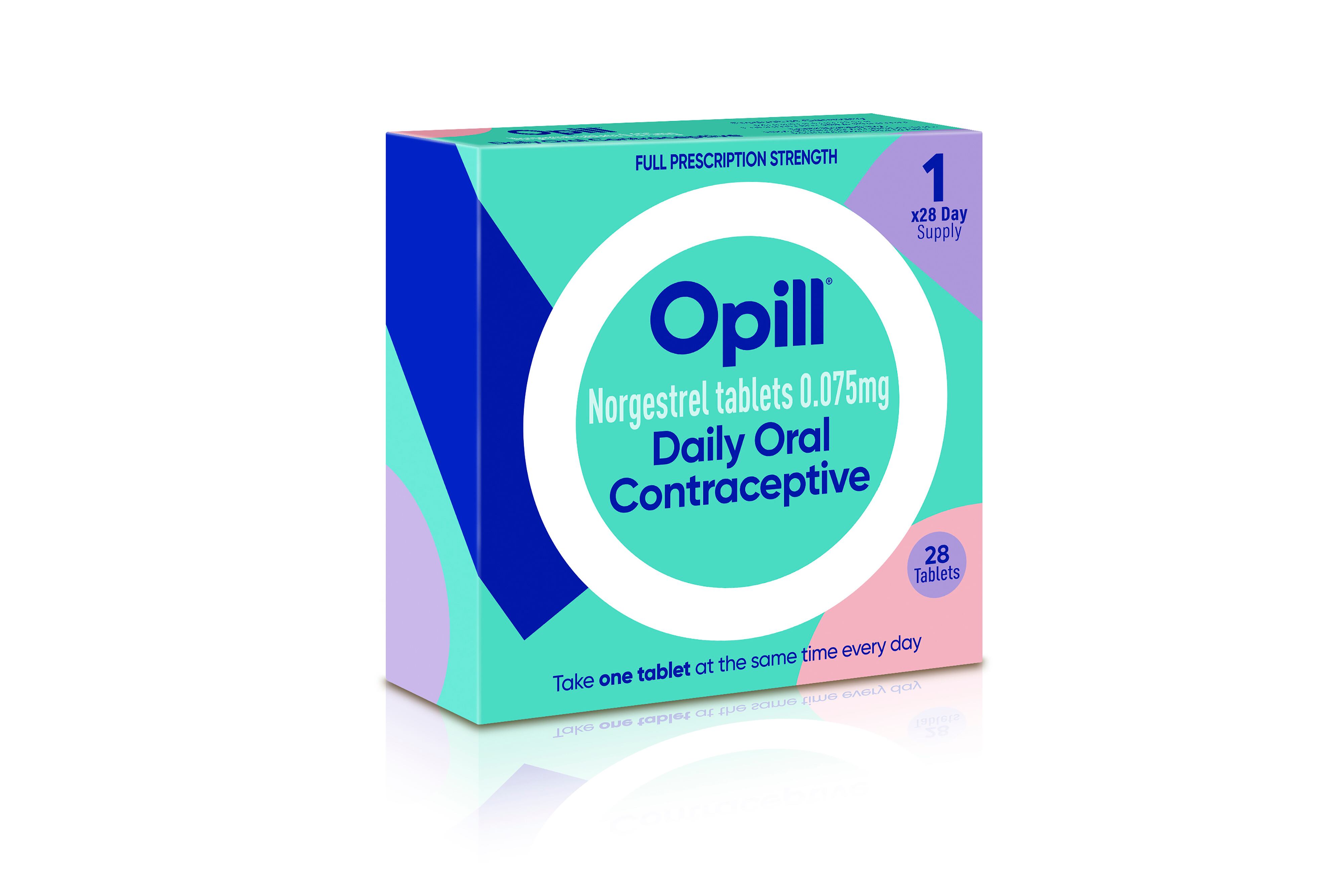It's Sleep Apnea Awareness Month, and specialist Dr. Evan Temkin stopped by Cheddar News to talk about what the condition is and who is most at risk.
"Sleep apnea is actually a constriction of the airway during sleep, where breathing is interrupted," he said. "Pretty much everybody is at risk."
It affects about 50 percent of the population, he added.
Temkin stressed the importance of getting tested and treated as soon as possible, as prolonged sleep apnea has "cardiac implications."
"When you're not getting enough oxygen to the vital organs, your heart is going to start pumping harder," he said, which taxes the muscle layers in the heart.
The most common treatment for sleep apnea is the use of a CPAP machine, which fits over the nose and mouth to ensure adequate airflow while sleeping, but Temkin noted that it's not the only option.
"One of the big problems with CPAP is compliance," he said. "It's uncomfortable."
One alternative is what's called an "oral appliance," which treats sleep apnea by stabilizing the lower jaw and positioning it a few millimeters forward. This can, in many cases, open up the airway, making it easier for people to breathe freely.
Of course, those experiencing symptoms should see a specialist to see which method is best.
The World Health Organization's cancer agency has deemed the sweetener aspartame — found in diet soda and countless other foods — as a “possible” cause of cancer, while a separate expert group looking at the same evidence said it still considers the sugar substitute safe in limited quantities.
More than a third of Americans were under extreme heat advisories, watches and warnings Thursday as a blistering heat wave that's been baking the nation spread further into California, forcing residents to seek out air conditioning or find other ways to stay cool in triple-digit temperatures.
Tourists in central Athens huddled under mist machines, and zoo animals in Madrid were fed fruit popsicles and chunks of frozen food, as southern Europeans braced for a heat wave Thursday, with a warning of severe conditions coming from the European Union’s space agency.
A new study published in Nature has found that more than 56 percent of the world's oceans have changed color in the past 20 years, and climate change is to blame.
Recently discovered teeth of a two-million-year-old human relative in Africa could give researchers new insight into genetics.
U.S. officials have approved the first over-the-counter birth control pill, which will let American women and girls buy contraceptive medication from the same aisle as aspirin and eyedrops.
The Webb Space Telescope is marking one year of cosmic photographs with one of its best yet: the dramatic close-up of dozens of stars at the moment of birth.












